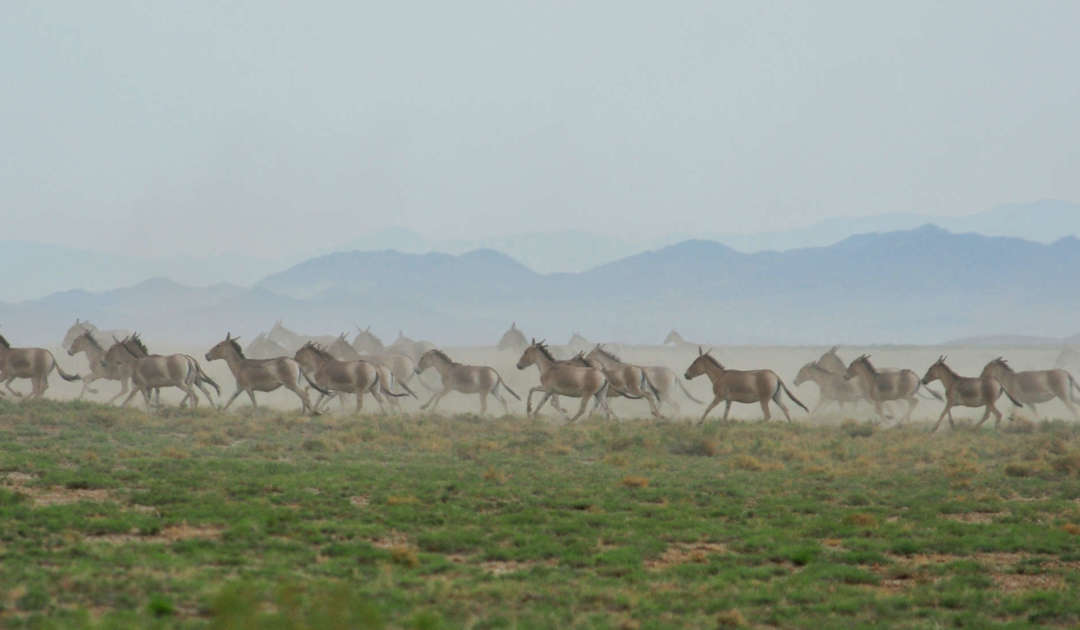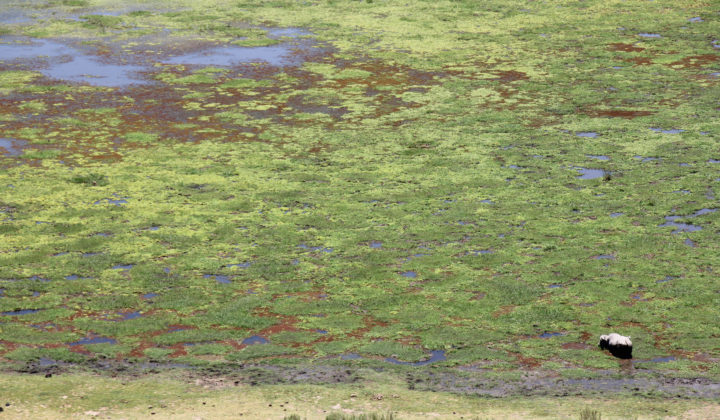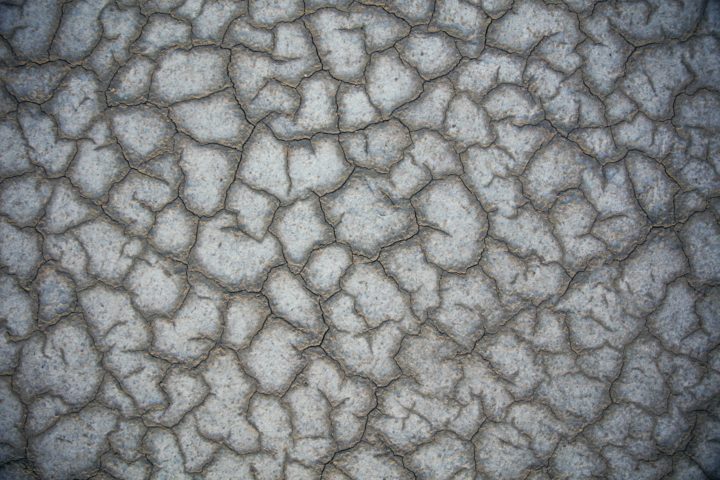Genomische Evolution und Klima
Der Tätigkeitsschwerpunkt „Genomische Evolution und Klima“ widmet sich der Forschung auf molekularer Ebene: Wie wirkt sich das Klima auf die Evolution von Populationen und auf die zeitliche und räumliche Verteilung genetischer Diversität aus?
Es wird auch untersucht, wie das Kima mikroevolutionäre Prozesse in Artinteraktionen und Lebensgemeinschaften beeinflusst und ob und wie in der Vergangenheit Klimawandel und andere Ereignisse genomische Prozesse und Diversifizierung sowie evolutionäre Innovation geprägt haben.
Für diese Forschung steht mit der Mesokosmenhalle, die umfassende experimentelle Evolutions- und Anpassungsforschung ermöglicht, eine eigene moderne Infrastruktur zur Verfügung. Diese dient auch der erfolgreichen Validierung von Feldbeobachtungen sowie der Untersuchung des Einflusses der Temperatur und anderer abiotischer Faktoren auf die Dynamik genomischer Prozesse sowie der Untersuchung der Interaktion von Arten auf molekularer Ebene. Ein molekularbiologisches Laborzentrum schafft ein Forschungsumfeld, das genetische/genomische Arbeiten auch in anderen Bereichen des SGN-Forschungsprogramms auf ein weithin sichtbares Niveau gebracht hat, und das LOEWE-Zentrum für Translationale Biodiversitätsgenomik bringt die in der genomischen Forschung gewonnenen Erkenntnisse in die Anwendung.






